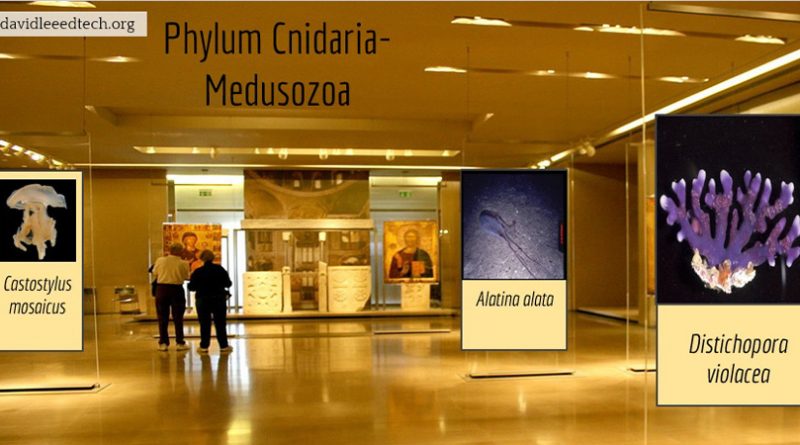UWSP students use virtual museums to study biology
Metro Wire Staff
A National Science Foundation grant awarded to a University of Wisconsin-Stevens Point biology faculty member not only led to the university being included in a valuable digital database for research, but it also targeted a useful resource for students who learned at home this spring due to the COVID-19 pandemic.
Assistant Professor Sarah Orlofske was awarded a three-year National Science Foundation grant last fall, something she’s used in creating scans of the university’s arthropod parasite collection for inclusion in www.idigbio.org, an extensive digital database of museum specimens. The site houses millions of digital biological records from universities and researchers across the globe, and the UW-Stevens Point parasite records would be among the first of its kind.
This spring, as students went home to learn through online and alternative methods, Orlofske realized this database was a great solution for her classwork. Those in her “Introduction to Animal Biology” lab course would need a replacement for the usual hands-on approach to studying live or preserved organisms from the university’s varied museum collections.
The idigbio.org database helped students research and understand the diverse anatomy, physiology, and taxonomy (the science of classification) of animals through its vast online records collection. In addition, Orlofske provided videos on animal dissection as well as links to wildlife videos from PBS to help her students understand how animals live in relation to their physiology.
For one assignment, the students used their new knowledge of animal taxonomy to search the online database and find examples of various animal groups and record the data. They then created their own virtual museums to showcase specific animal taxonomy collections.
“The students have done an excellent job,” she said. “I’ve been really impressed with how resilient and creative our students are under these circumstances.”
Several students have expressed to Orlofske how useful the database has been and how they plan to use it in other courses. When in-person classes continue, Orlofske also plans to continue using the database and videos to help her students prepare for in-class work.
Orlofske is continuing her grant work to add UW-Stevens Point’s parasite collection to www.idigbio.org, with assistance from two students and with training and support from the Milwaukee Public Museum and Purdue University. She hopes to have it complete and uploaded to the site by June 2022 at the end of the three-year grant period.
“Students and researchers from around the world will be able to access our specimens online to study critical questions like the effects of climate change on parasite range limits and parasites of threatened or endangered host species,” she said.

